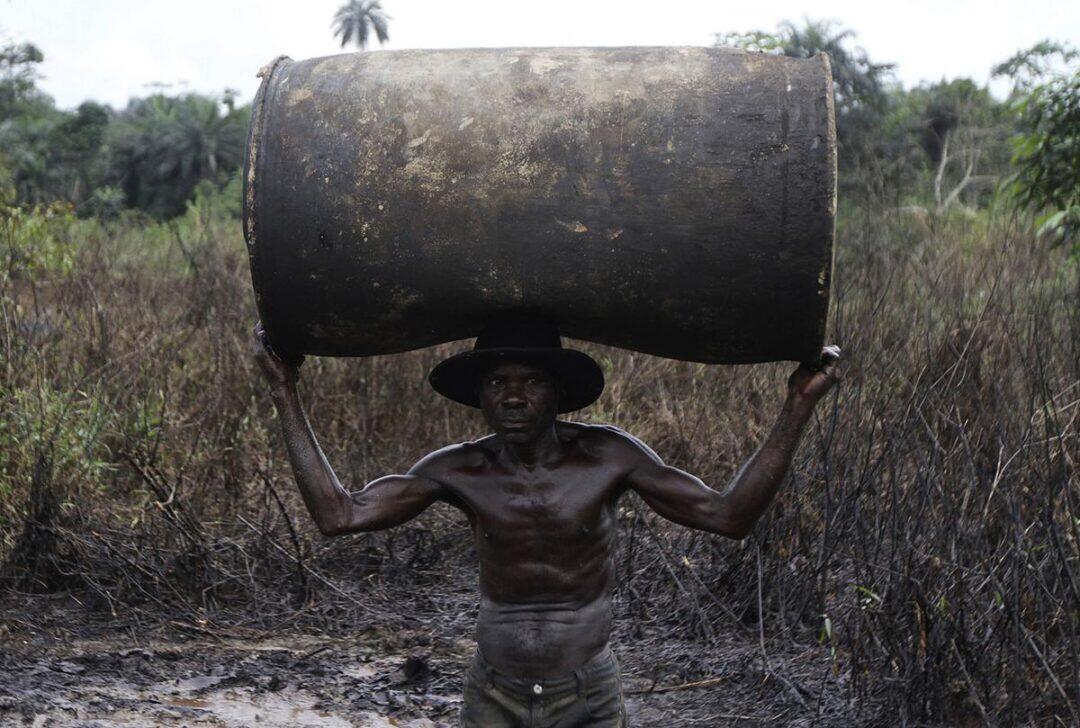End of Oil, Beginning of Prosperity Nigeria 2
On the issue of policies, Nigeria’s problem is in truth not just policies and national planning solutions for the economy. Even if it witnesses continuous oil production or the ‘end of oil.’ That is far too easy. One can make a list of credible sounding policies or right solutions for the Nigerian economy. Their usefulness will on who the problem solver. Perhaps he or she, an economist, is a die-hard free-market advocate. Or a supporter of strong government intervention. Even a two-handed economist (who will favour any policy selectively despite his preferences). Now comes the question most avoid. Who will implement the the policies? From my academic research experience, Nigeria scores 9/10 for resistance to policy introductions, especially when they disrupt the status quo of the Owners of Nigeria Technostructure. That is a colossal problem.
Nevertheless, one of the most important lessons I got from studying development economics comes from an observation made by economist Peter Thomas Bauer on West African economies. He states with emphasis that economies do not attain prosperity because they have “natural resources” human, mineral, agricultural. Prosperity is a “function of the attitudes, behaviours, habits, dispositions and thinking” of the citizens and government. He did not see West Africa prospering for this reason, i.e. since the 1950s. When he moved shortly afterwards to study South East Asian economies. On arrival, he could see the possibilities of economic miracles long before other economists. And for the inverted reasons West African could not hope to achieve such. Japan has virtually no natural resources. Yet because of their formal and informal culture of collective and individual efficiency and commitment, they are one of the world’s dominant economic powers.
What are the attitudes, behaviours, habits and thinking of the Nigerian ruling elite? What are the attitudes, behaviours, habits and thinking of the Nigerian citizen? It looks like six decades later that Lord Bauer was and is still right. The abundance of oil for a newly independent nation in an oil-hungry made Nigeria cash-rich. It would also turn Nigeria into a rentier state, that was the price for One-Nigeria after the Civil War. Those who supported secession were made poor and those who favoured a united Nigeria got easy access to national riches. The rich in Nigeria never worked for their money. Not since the oil boom.
Amartya Sen, Nobel laureate in his Development As Freedom argues that nations only prosper when their governments establish and foster useful capabilities in their citizens. That is economic, political, and social capabilities. The economics capabilities of citizens built America with the help of industrial policy. The political capabilities of Switzerland and Botswana made those nations exemplary with sound democracy in place. Social capabilities developed modern European countries, especially in the Northwest, by fulfilling an enabling social contract between the citizens and the government. Any nation that is determined to create enabling capabilities in their countries never leave one or the other behind. Education and conspicuous consumption kicking off with Yakubu Gowon seem to be the only positive capabilities Nigeria has. Where are the other capabilities going to arises from in Nigeria? Elsewhere, governments make them possible. Not in Nigeria and perhaps. because of oil.
Another issue is the history of prosperity itself. Rome of today is nothing like Rome at the time Jesus Christ was alive. The same goes for Egypt, Turkey (the Ottomans), Spain, Portugal, Greece, Mongolia; they were once highly prosperous economic and military powers that today cannot match or resemble their past power and prosperity. When the sources of a nation’s prosperity collapse recovery, if at all possible, it is always a very uphill task. The infrastructure decays, migration and brain drain becomes necessary. Still, postponed internal wars become imminent and ‘bottom pot’ kleptocracy gets very desperate. Nigeria had its oil boom but the government of the time would issue permits to squander like free booze.
As economies collapse, nations collapse—even the economies of nations that never truly prospered collapse. Collapse is not so visible in Nigeria but insiders know it is coming. The government and its institutions are no longer capable in handling chaos, disorder, and waste. If the end of oil does happen, I do not foresee any (easy or smooth) recovery for the Nigerian economy. Especially not with the kind of elite and workers the nation has in this age. Furthermore, economic prosperity in other ascendant nations rises from time to time, making it hard for ‘spent nations’ to reassert themselves. What are the solutions to these problems? When other African nations become more attractive to foreign investment than Nigeria you know there is trouble ahead.
Many cannot believe the USA’s Midwest is producing “ghosts towns” because the one-time prosperous cities no longer have the good-paying manufacturing jobs. Jobs shipped overseas in the quest for much cheaper labour. Warri is potentially a future ghost town with its loss of ‘oil city’ status. It is perhaps the first major urban casualty of oil – there are many rural ones. What policies or solutions will make such centres prosperous again? If the end of oil comes from where will prosperity comes what choice do we have? Nevertheless, remember, what are Nigeria’s national and regional capabilities for prosperity inclusive of industrialisation? The answers might frighten most.
Let us hope all will be well for Nigeria and its economy in the near and distant future. Hope! Peter Bauer would say, “I told you so.”
Grimot Nane
Discover more from Grimot Nane Zine
Subscribe to get the latest posts sent to your email.

